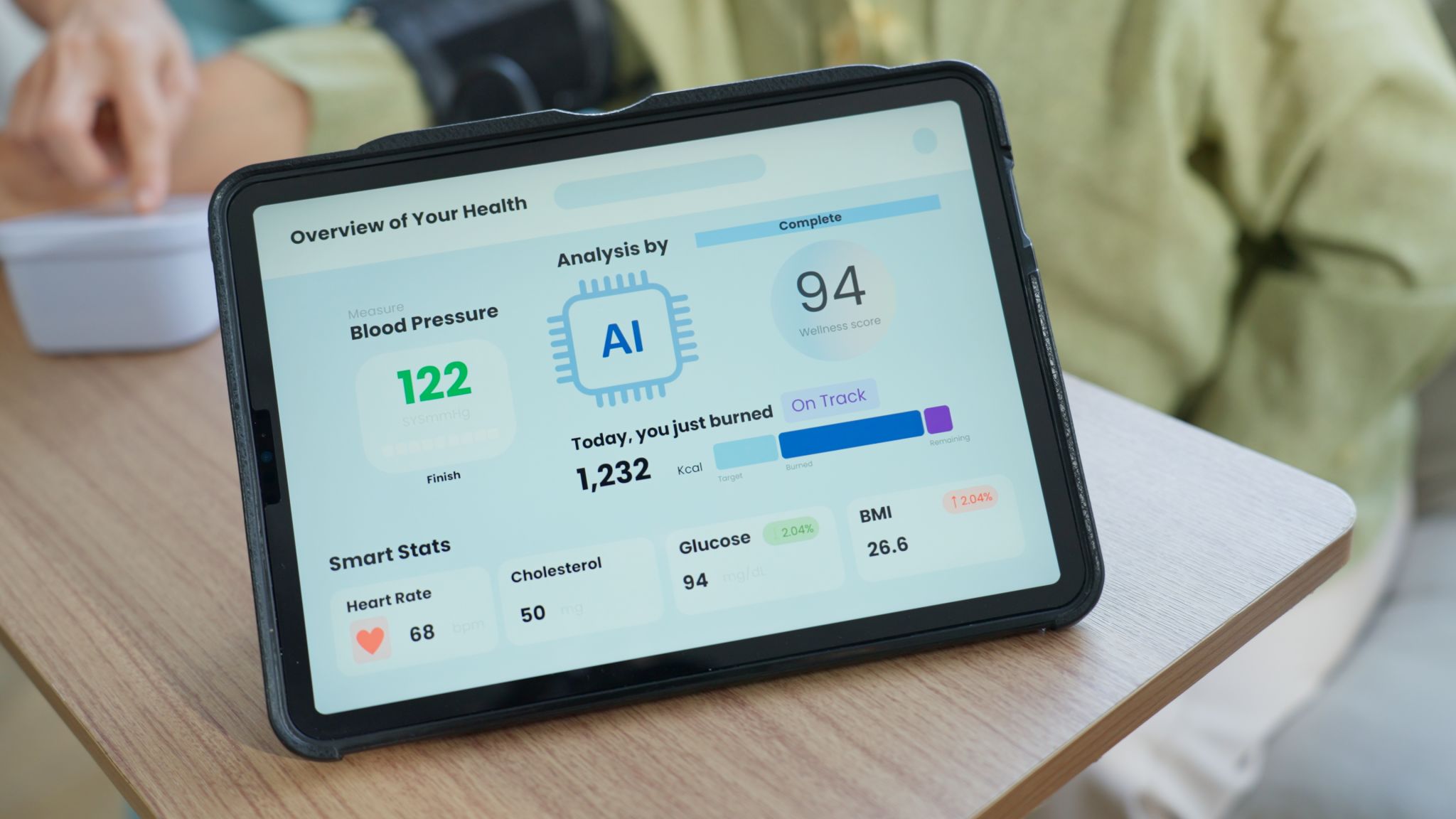The Transformative Impact of AI on Healthcare: Opportunities for Startups
The Rise of AI in Healthcare
The healthcare industry is undergoing a profound transformation, largely driven by the integration of Artificial Intelligence (AI). This technological evolution is creating significant opportunities for startups eager to innovate and improve patient care. AI's ability to analyze vast amounts of data and provide insights is revolutionizing every aspect of healthcare, from diagnostics to treatment and beyond.

AI-Powered Diagnostics
One of the most promising areas where AI is making a mark is in diagnostics. By leveraging machine learning algorithms, AI systems can analyze medical images with remarkable accuracy, often surpassing human capabilities. This has opened doors for startups to develop AI-powered diagnostic tools that can detect diseases early, leading to better outcomes for patients. The efficiency brought by AI in diagnostics not only saves time but also reduces the burden on healthcare professionals.
Personalized Medicine
AI is also paving the way for personalized medicine, a field that tailors treatment to individual patient needs based on genetic, environmental, and lifestyle factors. Startups are at the forefront of creating AI-driven platforms that analyze patient data to recommend customized treatment plans. This approach not only enhances the efficacy of treatments but also minimizes side effects, offering a more holistic patient care experience.

Operational Efficiency and Cost Reduction
Beyond patient care, AI is significantly improving operational efficiency within healthcare facilities. Startups are developing solutions that optimize scheduling, manage inventory, and streamline administrative tasks. By automating routine processes, AI reduces operational costs, allowing healthcare providers to allocate resources more effectively and focus on delivering quality care. This efficiency is crucial for the sustainability of healthcare systems worldwide.
Telemedicine and Remote Monitoring
The rise of telemedicine has been accelerated by AI technologies, especially in the wake of the COVID-19 pandemic. Startups are leveraging AI to enhance remote monitoring systems, enabling continuous patient observation without the need for hospital visits. This is particularly beneficial for managing chronic conditions and elderly care, where regular monitoring is essential. The convenience and accessibility provided by telemedicine are reshaping how healthcare services are delivered.

Challenges and Ethical Considerations
While the opportunities are vast, integrating AI into healthcare comes with challenges. Data privacy and security remain significant concerns as sensitive patient information is shared across platforms. Startups must prioritize robust cybersecurity measures to protect data integrity. Additionally, ethical considerations around AI decision-making processes need careful scrutiny to ensure unbiased and fair outcomes.
The Future of Healthcare Innovation
As AI continues to evolve, the future of healthcare looks promising with endless possibilities for innovation. Startups have the potential to drive significant advancements by creating solutions that address existing gaps in healthcare delivery. The collaboration between tech innovators and healthcare providers will be pivotal in shaping a more efficient, effective, and equitable healthcare ecosystem.
In conclusion, AI's transformative impact on healthcare is undeniable. For startups, this presents an unprecedented opportunity to contribute meaningful innovations that can improve patient outcomes and redefine healthcare delivery. Embracing this challenge requires a commitment to ethical standards, a focus on patient-centered solutions, and a vision for a future where AI and healthcare seamlessly integrate for the greater good.